
Teaching and Learning in a Post-Truth World
As alt-right ideology spreads worldwide, teachers and students develop skills to learn about respect and diversity of thoughts.
Recommendation
Educators face a new challenge: In today’s “post-truth” environment, the Internet exposes young people to sometimes repugnant ideologies with which previous generations would never have had contact. Associate professor of people, organizations and society at the Grenoble École de Management, Michelle Mielly explores ways teachers can cultivate empathy and help students better understand their biases. While always politically neutral, getAbstract recommends this analysis to educators seeking innovative ways to help their students learn to speak and listen to each other.
Summary
About the Author
Michelle Mielly is an US-born educator, researcher and consultant focusing on cultural issues. She’s worked on youth development and sustainable development projects in Costa Rica and Ivory Coast.








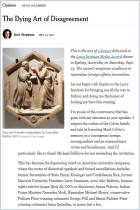
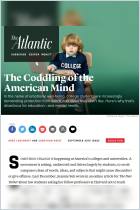
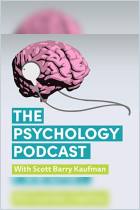

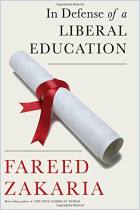
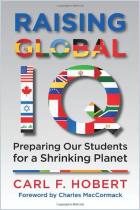

Comment on this summary or 开始讨论